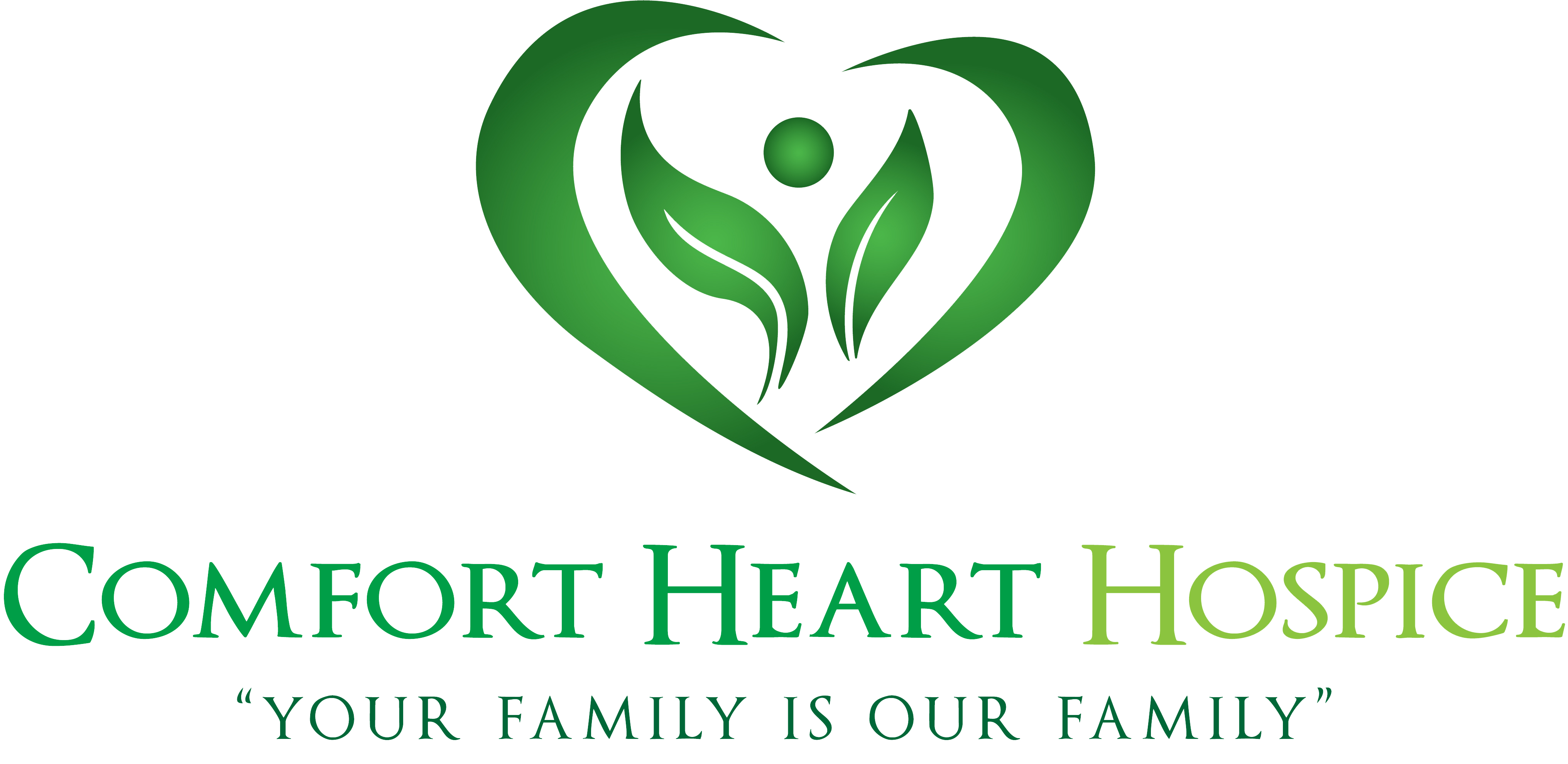Navigating end-of-life care can be an emotionally, spiritually, and physically challenging journey for both patients and their families. To ensure a more meaningful and comforting experience, it is essential to address the emotional and spiritual needs of individuals along with their physical concerns. Comfort Heart Hospice embraces a holistic approach that caters to these crucial aspects of hospice care, providing comprehensive support to enhance the well-being of patients and their loved ones.
In this guide, we will delve into the significance of emotional and spiritual support in hospice care, focusing on Comfort Heart Hospice’s commitment to addressing these needs. By examining the various support mechanisms, therapies, and services provided by Comfort Heart Hospice, you will gain a deeper understanding of the importance of emotional and spiritual care during the end-of-life journey. Allow us to be your guide as we explore the benefits and healing power of a holistic, integrative approach to hospice care.
1. The Significance of Emotional and Spiritual Support in Hospice Care
End-of-life care is a deeply personal and emotional experience for both patients and their families. Providing emotional and spiritual support alongside traditional medical care is essential to ensuring a more comprehensive, comforting journey for all involved. According to a study published in the Journal of Pain and Symptom Management, patients who received spiritual care as part of their end-of-life treatment reported better quality of life [source: https://pubmed.ncbi.nlm.nih.gov/21454066/]. By addressing emotional and spiritual needs, Comfort Heart Hospice ensures a nuanced, well-rounded approach to hospice care, fostering a sense of dignity and peace during this challenging time.
2. Comfort Heart Hospice’s Holistic Approach: Integrating Emotional and Spiritual Support
Comfort Heart Hospice’s commitment to providing emotional and spiritual support starts with assembling a multidisciplinary team that includes medical professionals, counselors, chaplains, and volunteers. These specialists work closely together to create a personalized care plan that integrates emotional and spiritual support throughout the end-of-life journey. Key components of this holistic approach include:
– Individualized care plans: Comfort Heart Hospice strives to understand each patient’s unique needs, beliefs, and values, developing care plans that seamlessly address physical, emotional, and spiritual concerns.
– Emotional support services: These services include counseling, support groups, memorial services, and bereavement care for the patient and their family members, ensuring everyone receives the support they need during this difficult time.
– Spiritual care: Spiritual support comes in various forms, including one-on-one counseling with chaplains, assistance with individual spiritual practices, or facilitating connections to local faith communities.
3. Counseling and Support Groups in Hospice Care
Counseling and support groups play a critical role in addressing the emotional needs of both patients and their families during end-of-life care. Comfort Heart Hospice provides several options for counseling and support:
– One-on-one counseling: Trained counselors, social workers, and chaplains offer individual counseling for patients and their families, addressing emotional issues and offering guidance through the end-of-life process.
– Grief counseling: After a loved one’s passing, Comfort Heart Hospice provides bereavement counseling for grieving families, helping them navigate through their emotions and find support.
– Support groups: Comfort Heart Hospice coordinates and facilitates support groups for patients and their families, creating a safe space for people to share their experiences, express emotions, and find solace in connecting with others facing similar challenges.
4. Spiritual Care Services: Sustaining Hope and Finding Meaning
Spiritual care holds a vital place in Comfort Heart Hospice’s approach, fostering a sense of hope, meaning, and purpose for patients and their families during the end-of-life journey. The hospice team recognizes the diverse religious and spiritual beliefs of their patients and offers various forms of spiritual support:
– Chaplain services: Chaplains from Comfort Heart Hospice work with patients and their families to provide spiritual counsel based on the individual’s religious beliefs and spiritual perspectives.
– Meditation and prayer: The hospice team offers support for meditation and prayer practices upon request, creating a comforting environment for patients to engage in their spiritual activities.
– Faith-based connections: Comfort Heart Hospice connects patients with local faith communities and religious leaders, fostering a sense of spiritual belonging and support.
5. Complementary Therapies for Emotional and Spiritual Well-Being
Complementary therapies, such as art therapy, music therapy, and aromatherapy, can provide emotional and spiritual benefits to hospice patients. Comfort Heart Hospice incorporates these therapies into their care plans, aiming to enhance patients’ overall well-being:
– Art therapy: By engaging patients in creative activities, art therapy encourages emotional expression, promotes relaxation, and provides a means for coping with grief and loss.
– Music therapy: Music has been shown to reduce anxiety, alleviate symptoms of depression, and provide a medium for spiritual connection [source: https://journals.sagepub.com/doi/pdf/10.1177/1049909113507075]. Comfort Heart Hospice offers music therapy services to enhance patient comfort and emotional well-being.
– Aromatherapy: Utilizing essential oils and scents, aromatherapy can help create a calming environment, promote relaxation, and reduce stress in hospice patients.
6. Family Support and Communication in Hospice Care
Effective communication and emotional support for the patient’s family are essential components of Comfort Heart Hospice’s holistic approach. The multidisciplinary team works collaboratively with families, ensuring open communication channels, delivering important updates, and providing resources tailored to their needs. Family members receive necessary guidance and support to cope with their loved one’s end-of-life journey, ultimately fostering an environment of compassion and understanding.
In conclusion, Comfort Heart Hospice’s emphasis on emotional and spiritual support significantly contributes to their comprehensive, person-centered care. By adopting a holistic approach, this hospice organization ensures the well-being of patients and their loved ones during end-of-life care, offering compassionate guidance and comfort throughout this emotional and transitional period.
Conclusion
Comfort Heart Hospice’s holistic approach to end-of-life care, focusing on emotional and spiritual support, ensures the utmost comfort and well-being for both patients and their loved ones throughout this challenging journey. By offering comprehensive care plans tailored to each individual’s needs, Comfort Heart Hospice delivers a uniquely empathetic and person-centered experience, allowing for meaningful connections, peace, and dignity during the end-of-life process.
If you or a loved one are seeking hospice care that is both compassionate and comprehensive, consider allowing Comfort Heart Hospice to be your trusted partner in providing emotional, spiritual, and physical comfort. Contact us today to learn more about our dedication to offering a more nurturing, supportive, and personalized end-of-life experience. Let Comfort Heart Hospice guide you through this critical stage with the care, expertise, and compassion you deserve.


Recent Comments